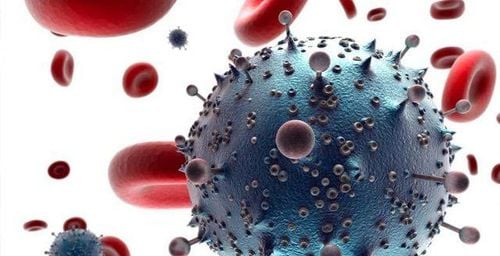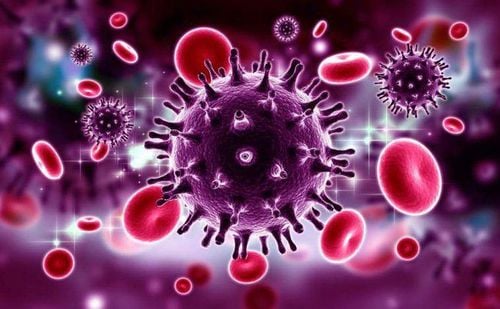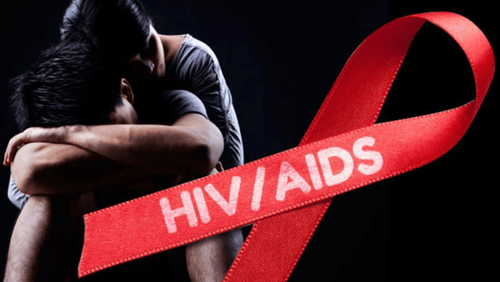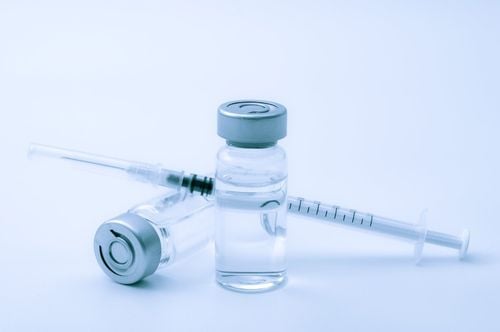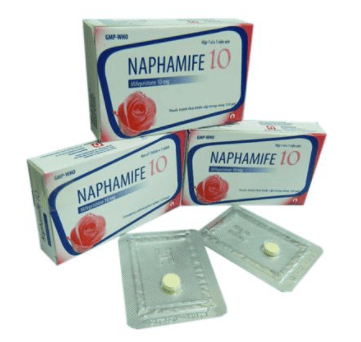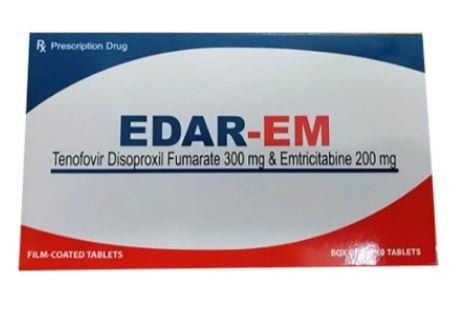This is an automatically translated article.
The HIV virus causes a weakened immune system in humans. HIV attacks and destroys the body's immune system, eroding the human immune system for many years making the person more susceptible to opportunistic infections and other infections.1. What is HIV?
HIV is a human immunodeficiency virus. HIV infects important cells in the human immune system such as CD4 T cells, macrophages, and dendritic cells.
HIV is a Lentivirus of the retrovirus family, which can cause the human body infected with the virus to have acquired immunodeficiency syndrome. The patient's immune system is severely weakened. This is a favorable condition for opportunistic infections and malignancies to develop, threatening the patient's life.
HIV, when entering the human body, will enter a type of white blood cell called CD4. At this time, the cell will be taken over by the virus and used to make thousands of copies and destroy CD4 cells. The HIV virus enters the circulatory system and continues to attach to other CD4 cells, multiplying the amount of virus in the patient's body. When the CD4 count decreases, the number of HIV virus increases, the CD4 cells are responsible for fighting pathogens for the body, so when the CD4 cell count decreases, the patient's resistance will greatly reduced, making the patient more susceptible to other diseases.
As the amount of HIV virus in the blood increases, the risk of transmitting the virus to others also increases.
2. What is the HIV window period?
It takes 3 to 6 months for a person with HIV to produce antibodies against the virus. The result may be negative if the patient takes an HIV test between the time the virus enters the body and the body produces enough antibodies, even though the person doing the test is already infected. HIV. This stage is called the windowing phase. Even if the antibody test result is negative at this stage, there is still a chance that a person can transmit HIV to others.
If you think you are at risk of HIV infection and are in the window period, to confirm your HIV status for sure, you should take the test again after 3-6 months.
At this stage, the patient may experience flu-like symptoms, low fever (over 38 degrees Celsius) after infection. At this point, the virus will have moved into the bloodstream and the numbers are starting to replicate. The immune system response is swelling and inflammation. However, not everyone will have these signs.
3. Is HIV curable during the window period?
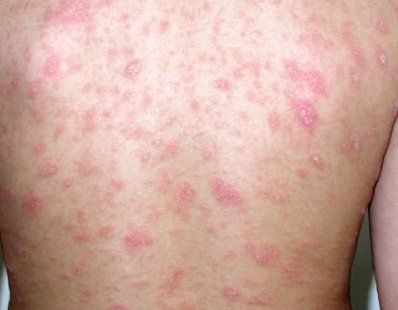
HIV giai đoạn cửa sổ có chữa được không?
Currently, there is no cure for people infected with HIV. There is still no specific treatment for HIV in the window period. Once infected with the HIV virus, the patient has to live with it for the rest of his life. Currently, it is only possible to slow down the progress of the disease with the use of antiretroviral drugs to treat it, helping to prolong the patient's life.
However, the detection and treatment of HIV in the window period will bring many benefits to the patient.
Maintain health and prolong life for patients Early HIV treatment helps patients reduce treatment costs, medical costs, medical examination and treatment costs, hospital costs Reduce the risk of spreading the virus to others
4. What is the treatment window for HIV?
People infected with HIV in the window period are prescribed antiretroviral drugs (ARVs) to prevent the growth of the virus in the body.
Treatment depends on the clinical stage of HIV infection and the number of CD4 cells in the body. If the CD4 cell count is < 350 cells/mm3, it is eligible for ART. HIV treatment will last a lifetime because if stopped, the virus will continue to replicate again. Currently, antiretroviral drugs have fewer side effects, and most side effects are short-lived and go away after a few weeks as the patient's body gets used to the drug.
People infected with HIV, if treated early with ARV drugs, will help patients recover their immune system, reduce the risk of disease, prolong life and maintain health. Early ART helps people living with HIV lead a normal life like a healthy person.
Early HIV testing helps control and prevent infection. This is very important to help people living with HIV know their status if they are in the window period, contributing to increasing the effectiveness of treatment as well as reducing the risk of HIV transmission to other people. other. The social disease screening package of Vinmec International General Hospital helps customers screen for social diseases in order to detect diseases early for effective treatment and avoid complications.
When registering for the social screening package, customers will receive:
Dermatology examination Perform tests such as: HIV Ab rapid test, Chlamydia rapid test, Treponema pallidium rapid test, Qualitative and quantitative Treponema pallidum TPHA test, bacterioscopic staining and endoscopic staining of mycobacteria
Please dial HOTLINE for more information or register for an appointment HERE. Download MyVinmec app to make appointments faster and to manage your bookings easily.
Reference source: Wpro.int; Vncdc.gov.vn



